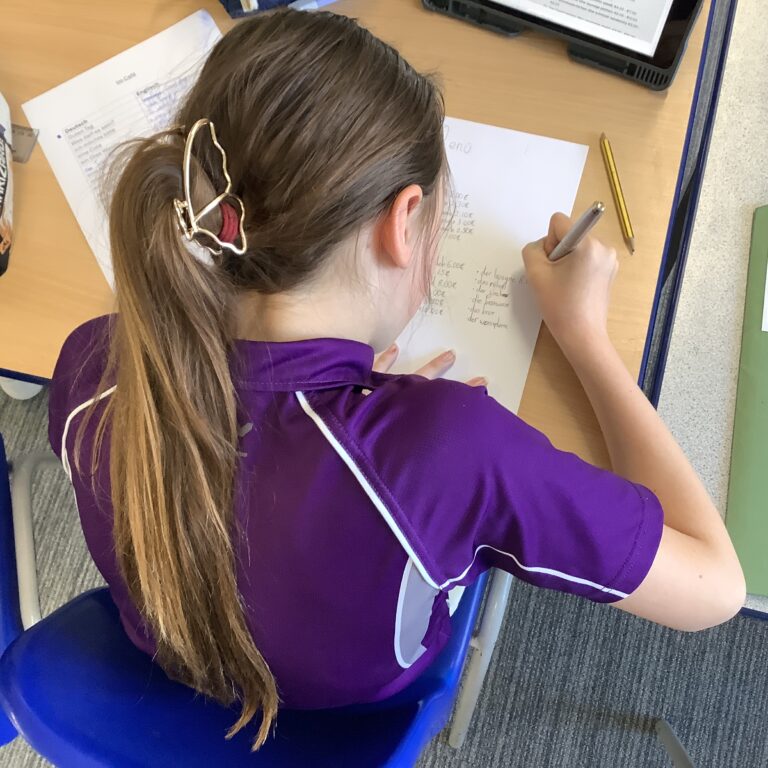A couple of years ago, with great excitement, I started teaching German again, in Year 6. Having taught it for 15 years to A Level, I was missing those sentences filled with words that stack on top of one another like Lego until you’re gasping for breath at the end of a phrase, and the harsh K and sch sounds that make it sound like you’re casting a complicated Harry Potter spell while clearing your throat strenuously! Or as one of the Year 6s said to me, “It’s got a lot of accent, hasn’t it?” Fortunately, when creating a taster course for 10- and 11-year-olds, all I needed to concentrate on was the neat precision of the words and the fact that every grammar rule is as efficient as the German transport system!
Why, though, did I feel it necessary to introduce a language that is becoming more and more rare in the list of GCSE subjects? There are so many ways to answer this, most of them involving the words “cultural understanding”, but this year, there is an even more important reason – the Year 6 trip takes them to Germany! And there are so many reasons why speaking even the tiniest amount of the local language is like having a magic key.
Firstly, and most importantly, you immediately get the inhabitants on your side. From the first hesitant “Hallo!” they can see you making an effort and in return, will make an effort to communicate with you. This also rewards you with a more in depth experience of the country you are visiting: maybe an insight into the culture, certainly the possibility of interacting with more people and probably the likelihood of getting the chips you thought you ordered rather than a plate of pickled something that you were sure you didn’t!
Secondly, it gives you more confidence when travelling. Even with a limited knowledge of greetings and food vocabulary – which was the main focus of the Year 6 course – you feel more like a fearless adventurer than a contestant in a confusing, high-stakes gameshow!
Over the course of 4 or 5 weeks, Year 6 have learnt to greet people and tell them their name, say please and thank you, ask for food in cafes and restaurants, count in German (so as not to be short-changed in the shops!) and have learnt a little bit about why Germany is famous and what to look out for on a short stay.
Whilst it is true that internet translators are becoming more efficient and speedy, they cannot yet replace that initial interaction between people that creates a connection. They are useful tools when the language has become too complicated for the average traveller, but they still present a barrier between people.
Through classroom games, such as wink murder, Chinese whispers, chants with signals, bingo, real-life trust no one and Mrs Abbott’s almost-famous detective game, the children have practised, rehearsed, repeated, revised and learnt off by heart useful phrases that will help them in the hotel, cafes and restaurants, and are confident in recognising certain signs in German to help them navigate.
So, go forth, Year 6 explorers — armed with your vocab, your curiosity, and your impeccable pronunciation of “Entschuldigen Sie bitte” and guide your teachers through the maze of Bratwürste, Schnitzel and Lederhosen. Germany will be richer for meeting you all!
Helen Abbott is Languages Lead at Banstead Prep



